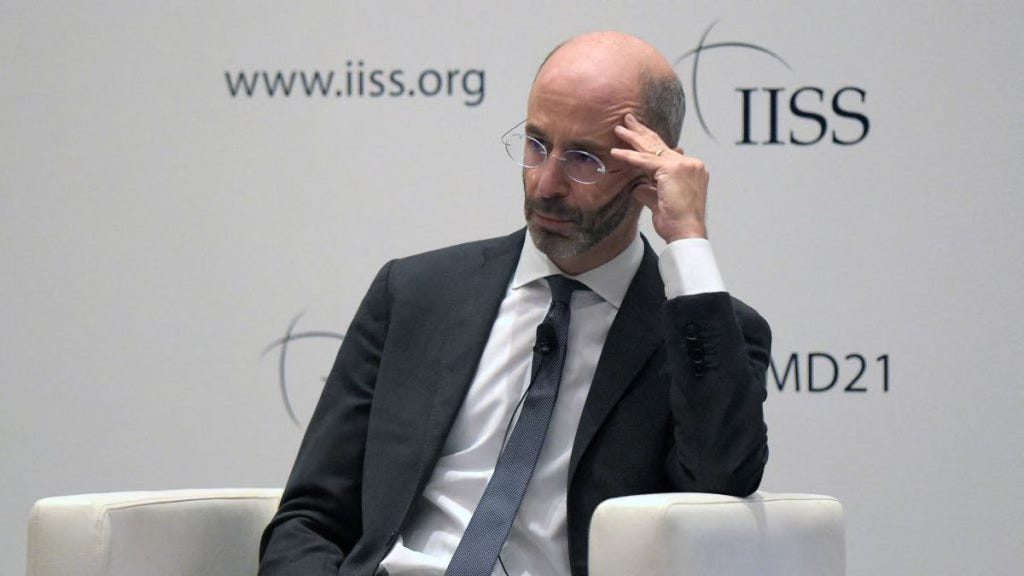Anatomy of a Smear
Flawed reports paint erstwhile Iran negotiator Rob Malley and his colleagues as patsies of Tehran
In the five months since Robert Malley, President Biden’s special envoy for Iran, was stripped of his top secret security clearance and placed on unpaid leave, the Biden administration has refused to answer any questions about his mysterious case.
Both the White House and the State Department, Malley’s nominal employer, have declined comment on Malley’s alleged mishandling of classified material and “temporary” loss of his security clearance. Likewise, the FBI, which has reportedly opened an investigation, also won’t comment. Malley himself, now lecturing on foreign policy at Princeton and Yale, has declined to address his case since issuing an optimistic statement after he was benched in late June.
“I have been informed that my security clearance is under review,” he said then. “I have not been provided any further information, but I expect the investigation to be resolved favorably and soon.”
That’s not happening.
Meanwhile, congressional Republicans, long opposed to any nuclear arms deals with Iran, have blasted the State Department’s silence on the case. House Foreign Affairs Committee Chairman Michael McCaul said it raised “serious concerns both regarding Malley’s conduct and whether the State Department misled Congress and the American public.”
Now, into this facts-free void comes a troubling investigative report, published Tuesday on the Semafor news site, which describes an Iranian influence operation in the U.S. that enlisted Iranian-American academics to write op-eds and articles aimed at softening American opinion toward Iran’s nuclear program during the Obama administration, which negotiated the 2015 deal that capped Iran’s uranium enrichment efforts.
Semafor’s innuendo-laden report on the operation, which the Iranians secretly dubbed “the Iran Experts Initiative,” or IEI, was built on private emails it obtained showing contacts between Iranian foreign ministry officials and three Iranian-American experts on Iran—Ali Vaez, a senior advisor on the Middle East and North Africa at the International Crisis Group; Dina Esfandiary, an Iran expert at the Century Foundation during the nuclear negotiations; and Ariane Tabatabai, then with the German Marshall Fund and now a senior official at the Pentagon. Malley, a Middle East expert in the Clinton and Obama administrations, had headed the International Crisis Group, a non-governmental organization that advocates diplomatic solutions to regional conflicts, during the Trump administration.
Malley has long been a controversial figure in Washington’s foreign policy circles. His detractors in pro-Israel groups, the Iranian diaspora and among many Gulf Arab officials hostile to Iran, accuse him of sympathizing with Palestinian militants, pointing in particular to his 2008 meeting with members of the terrorist group Hamas while serving as a Middle East specialist at the International Crisis Group. In its defense, the group cites its mission of conflict resolution and the necessity of meeting with all sides in international disputes.
Others charge Malley isn’t tough enough when dealing with Iran. In what appears to be an effort to smear both Malley and the three experts, the Semafor story says Malley was fully aware of their correspondence with Iranian officials while he served as Obama’s lead negotiator at the nuclear talks.
The Semafor story paints an incriminating portrait of the three experts as willing and useful tools in the Iranian influence operation and, even more damning, of their working as “top aides” to Malley during the Obama and Biden administrations.




